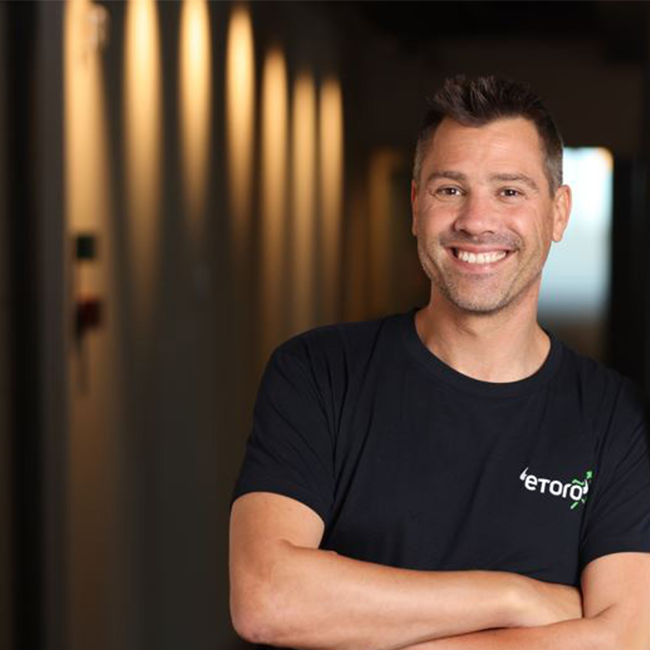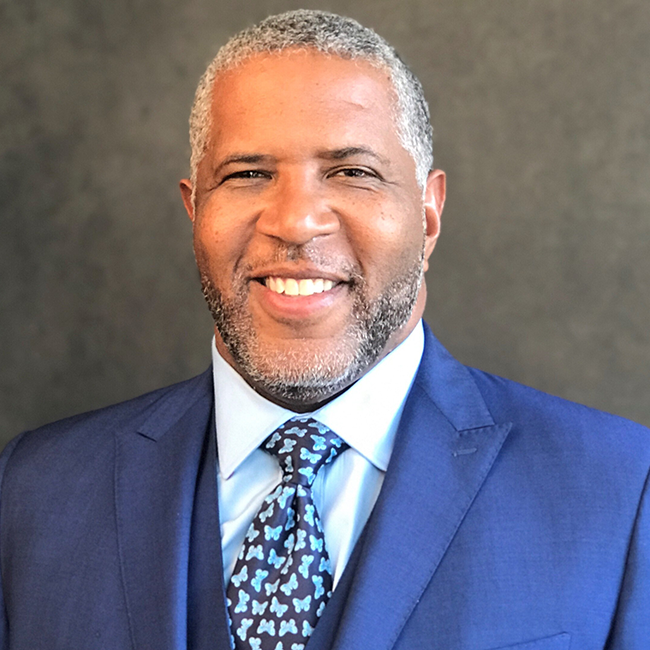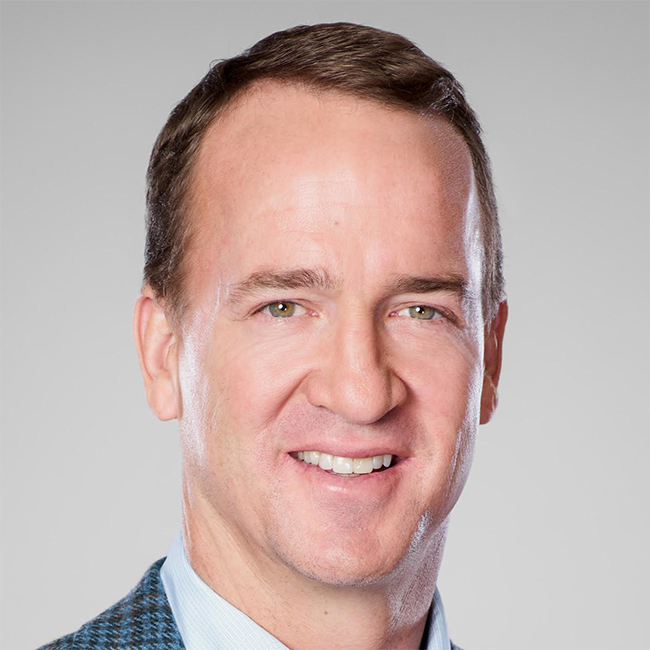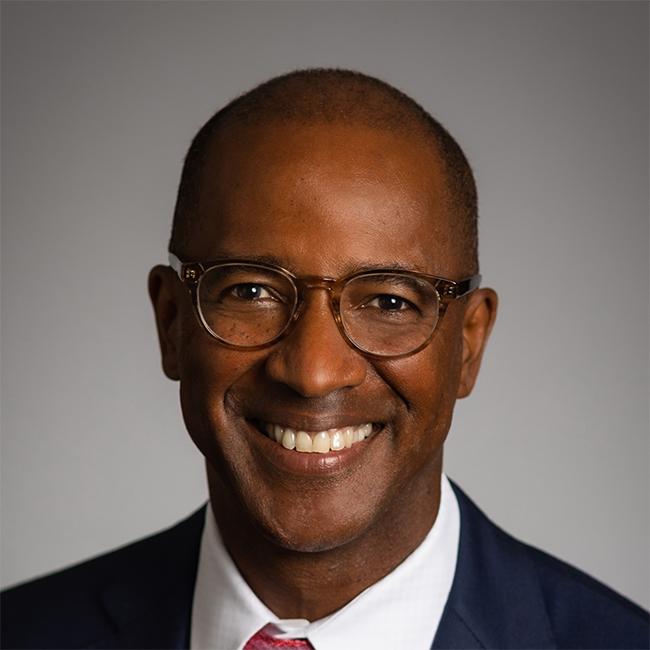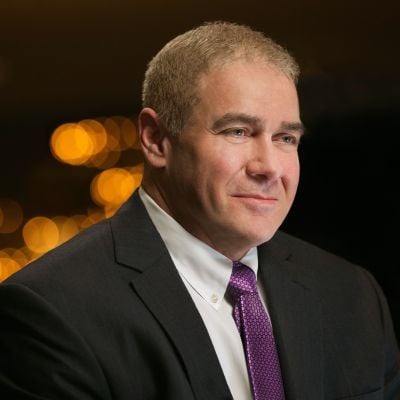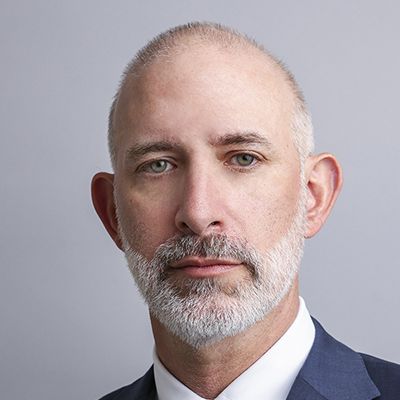
Over the next two decades, Cerulli Associates estimates that baby boomers and the Silent Generation will pass down a combined $84.4 trillion in assets to younger generations. Dubbed the “Great Wealth Transfer,” this phenomenon is already underway and will impact millions of families.
And yet, our research has found that many are simply not prepared for this shifting of wealth and its effects. More than a third of Americans (35 percent) say they don’t plan on discussing the transfer of wealth with their families, despite the fact that nearly half of all Americans (48 percent) plan to leave an inheritance.
Why is that? Perhaps it's because these conversations aren’t always easy to have. There's often anxiety in planning for when we or a loved one are no longer here, and talking about it makes it real. Not to mention, the complexities of our own lived experiences can make it challenging to set emotions aside when making the financial decisions necessary to plan for inheritances.
Preparing wisely means better decisions can be made around a wealth transfer.
That said, these kinds of discussions are crucial for families to have, as inheritances have the power to help establish and nurture financial wellness across not only the arc of the lives of those who receive them but for the generations that follow, too. Preparing wisely means better decisions can be made around a wealth transfer—and when more of us are handling inheritances responsibly and effectively, the ripple effect is that more people can live well and then build on the legacies that have been passed on to them.
In the context of those conversations, it's also important to note that the transfer of wealth will look different for future generations than it often does today. Nearly 70 percent of Americans acknowledge that with people living longer and spending more of their money than previous generations, the amount of wealth passed down will be impacted. This is particularly true in cases where givers need more professional care, whether at home or in a long-term care facility, in their later years. In other words, the great wealth transfer won’t necessarily be the same for everyone.
There are many different ways to approach a wealth transfer, each with its own implications for both those giving and receiving the inheritance. Some people will follow a traditional plan, but others will want to experience the joy of giving in real time, when they have the benefit of seeing its impact—like paying for shared family experiences, contributing to educational costs, or purchasing homes.
Having “The Talk” before “The Transfer” is a critical element of financial wellness. For many givers, the act of establishing, growing, passing on, and giving away wealth is an important goal; for recipients, inheritances can help build long-lasting financial resilience. In many cases, those passing along their wealth also want the legacy they leave to be used in a specific way, or at least within certain guardrails. With all this in mind, it becomes clear why a conversation among family members needs to happen before it becomes urgent.
Fortunately, having a financial professional to guide families through these potentially challenging conversations can help. Not only are they knowledgeable about what to expect during the inheritance process, but they can also help navigate discomfort or uncertainty as they guide families on this path. Our research backs that up—57 percent of Americans believe having a financial professional guiding their family discussions around wealth transfer can make a process that impacts multiple generations easier.
No two conversations on the topic of wealth transfer will look or feel the same, and that's okay—what is important is that they are initiated and happen regularly. By fostering open and honest communication, families can navigate the “Great Wealth Transfer” with increased clarity, understanding, and unity, helping to ensure a legacy of financial wellness that extends far beyond financial assets.




